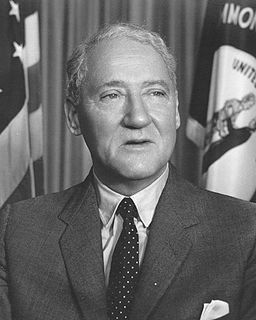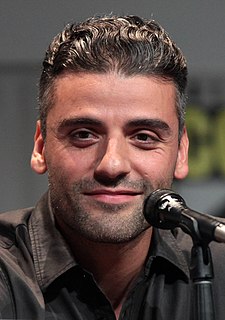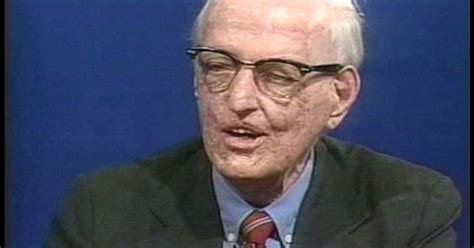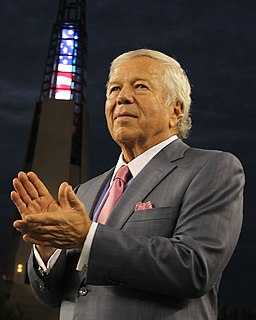A Quote by George W. Bush
I am very comfortable with the strategic decisions that I made.
Related Quotes
No decision-making system is going to guarantee corporate success. The strategic decisions that corporations have to make are of mind-numbing complexity. But we know that the more power you give a single individual in the face of complexity and uncertainty, the more likely it is that bad decisions will get made.
Strategic planning is the continuous process of making present entrepreneurial (risk-taking) decisions systematically and with the greatest knowledge of their futurity; organizing systematically the efforts needed to carry out these decisions; and measuring the results of these decisions against the expectations through organized, systematic feedback.
...but highly placed sources within the Kennedy Administration disagreed: "[T]he assumption that the strategic nuclear balance mattered in any way was wrong... As far as I am concerned, it made no difference... If my memory serves me correctly, we had some five thousand strategic nuclear warheads as against t heir three hundred. Can anyone seriously tell me that their having three hundred and forty would have made any difference? The military balance wasn't changed. I didn't believe it then, and I don't believe it now..."

































